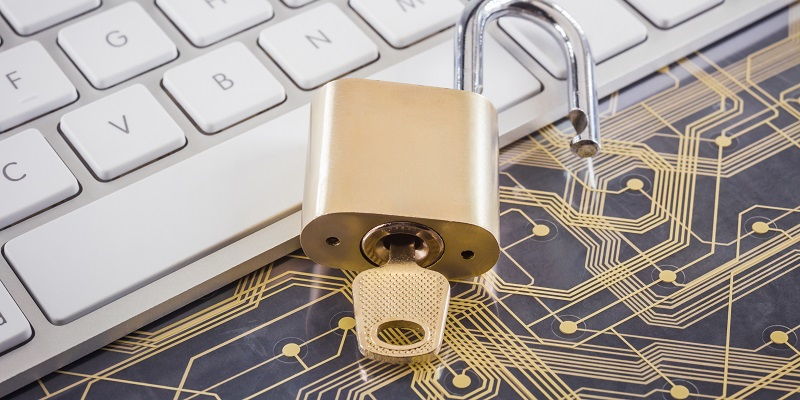The European Telecommunications Standards Institute (ETSI), an independent non-profit organization established in 1988, has revealed a significant data breach after being targeted by a cyberattack on its members’ portal. This breach has raised concerns regarding the security of sensitive information and the need for robust cybersecurity measures in organizations handling such data.
Background on ETSI
As a prominent organization that supports the development and testing of technical standards, ETSI has played a vital role in promoting innovation and standardization within the telecommunications industry. With a focus on fostering collaboration and ensuring high-quality standards, the organization has garnered trust and support from its members and partners.
Details of the data breach
Last week, ETSI made an alarming announcement, disclosing a breach of its IT system dedicated to its members’ work. Hackers targeted the system, successfully exfiltrating the list of online members, raising concerns about the potential exposure of sensitive data. ETSI believes that the thieves also gained access to the database containing information about its online users.
Collaboration with the French National Cybersecurity Agency (ANSSI)
In response to the breach, ETSI promptly partnered with the French National Cybersecurity Agency (ANSSI) to investigate the incident. Working closely with ANSSI, ETSI aims to identify the vulnerabilities that led to this cyberattack and prevent similar security breaches in the future. The organization expressed gratitude for ANSSI’s expertise, acknowledging their significant role in strengthening ETSI’s security systems.
Precautionary measures taken by ETSI
Upon discovering the breach, ETSI took immediate action to mitigate the potential fallout. As a precautionary measure, the organization has urged all its online users to reset their passwords. This proactive step is intended to prevent unauthorized access to compromised accounts and safeguard users’ personal information. However, there is still uncertainty regarding whether user credentials were stored in the stolen database, highlighting the urgent need for further investigation.
Law enforcement and data protection authority involvement
Recognizing the gravity of the breach, ETSI has launched a law enforcement investigation into the incident. By involving the appropriate authorities, the organization aims to hold the perpetrators accountable and ensure that justice is served. ETSI has also diligently reported the breach to the French data protection authority (CNIL) to comply with regulations and facilitate ongoing investigations.
Gratitude towards ANSSI for their support and strengthening of security systems
ETSI’s Director-General expressed sincere appreciation for the knowledge and advice offered by the French National Cybersecurity Agency (ANSSI) during this challenging time. ANSSI’s expertise in cybersecurity has proven invaluable in identifying and rectifying the vulnerabilities that were exploited in the attack. This collaboration has not only helped ETSI respond effectively to the breach but also fortified their security systems to safeguard against future threats.
The recent data breach suffered by the European Telecommunications Standards Institute (ETSI) highlights the growing need for stringent cybersecurity measures. As an organization entrusted with members’ sensitive data, ETSI’s breach serves as a wake-up call for companies worldwide, emphasizing the critical importance of robust cybersecurity infrastructure. ETSI’s prompt response, collaboration with ANSSI, and involvement of law enforcement and data protection authorities demonstrate a commitment to addressing the incident and preventing such breaches in the future. As organizations continue to digitize and handle vast amounts of sensitive information, prioritizing cybersecurity has become paramount in order to protect users, safeguard data, and maintain public trust.

